Discover itch-less the natural remedy creme for horse insect bites and itch.
What causes itch from horse insect bites in horses?
Hypersensitivity from insect bites causes itch in horses. The insect bite reacts with the skin cells causing a mild allergic reaction resulting in itch, hives or swelling. This can lead to injury from scratching or rubbing on objects. Insect bites and itchy skin are also very irritating and uncomfortable for your horse.
Itch-less is a natural creme perfect for itch and horse insect bites from ticks, flies, mosquito and midge. Itch-less creme is soothing on skin and may be used in areas where ticks or other insects bite such as the sheath or udder region and between the chest, dock and legs where sprays may not be able to reach.
How to apply:
It is recommended to apply liberally, massage well into skin, then leave on. Itch-less creme brings relief to itch and helps repel horse insect bites.
When to apply:
Horse Insect bites are common in warmer months and change of seasons when flies, mosquitoes, and midge are most active.
What are the symptoms of horse insect bites or skin reactions:
- Itching: horses will often profusely scratch the affected area to relieve the itch. This can lead to hair loss, skin damage, wounds and infection.
- Swelling: the bite site may swell, particularly around the legs, belly, or face showing a minor allergic reaction.
- Hives or welts: raised bumps or hives may appear at the site of the bite, sometimes quite large showing the allergic response to the insect’s salvia or venom.
- Redness and inflammation: horses can become agitated, nervous, or uncomfortable due to the persistent itching or pain from insect bites.
- Licking or chewing: horses may lick or chew at the area of the bite, leading to further irritation.
TIPS for management of insect bites and seasonal itch:
- Fly masks and sheets: fly masks and full-body fly sheets can help protect your horse from horse insect bites, particularly on the face, ears, and legs. These are especially useful for horses that are highly sensitive to insect bites or that suffer from sweet itch.
- Environmental management: keep the stable clean and well-ventilated. Avoid turnout during peak insect activity times, especially at dawn or dusk when mosquitoes are most active.
- Insect repellents: regularly apply an insect repellent to your horse, especially during peak fly and mosquito seasons. Make sure to apply it to the body, legs, ears, and face.
- Regular checks: Check your horse over daily for ticks and bites
Insect bites on horses can cause a range of symptoms from mild irritation to severe allergic reactions. Promptly addressing horse insect bites with proper cleaning, soothing treatments, and insect repellents can help manage the discomfort. Usually, it is seasonal, prepare in advance for horses with recurrent or severe reactions. Always consult with a veterinarian to explore potential treatments or preventive strategies if the reaction is severe or your horse is extremely irritated.
You must be logged in to post a review.



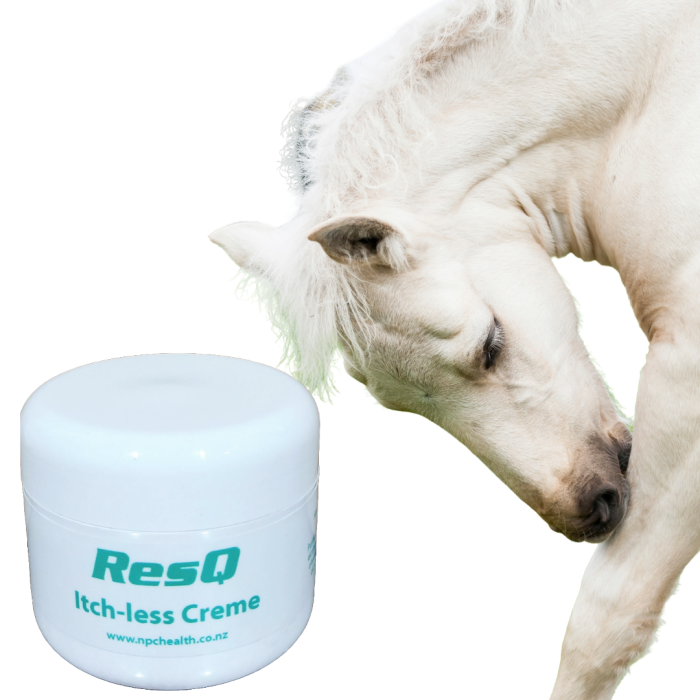

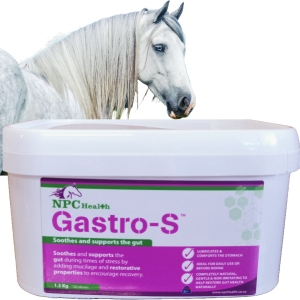

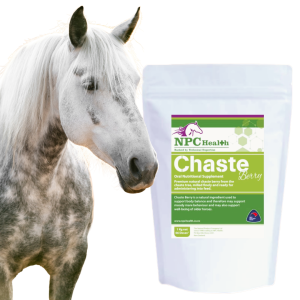
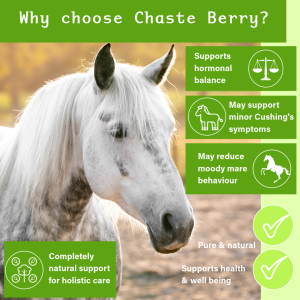
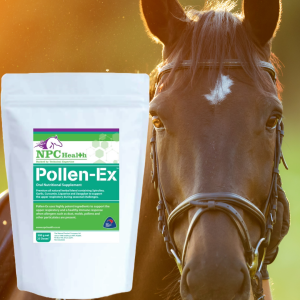

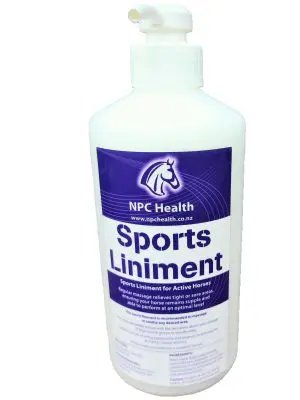

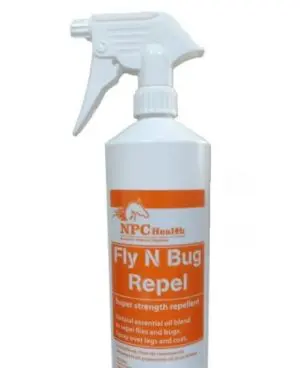
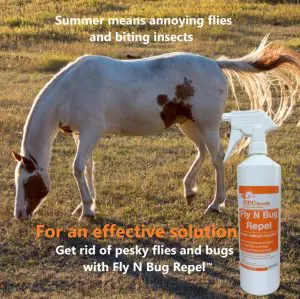


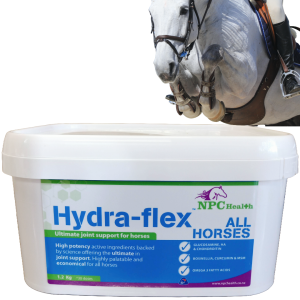

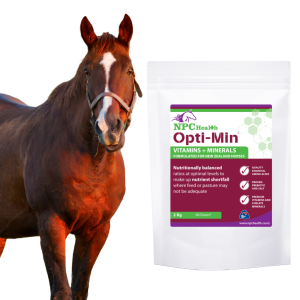
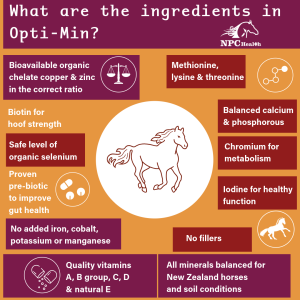
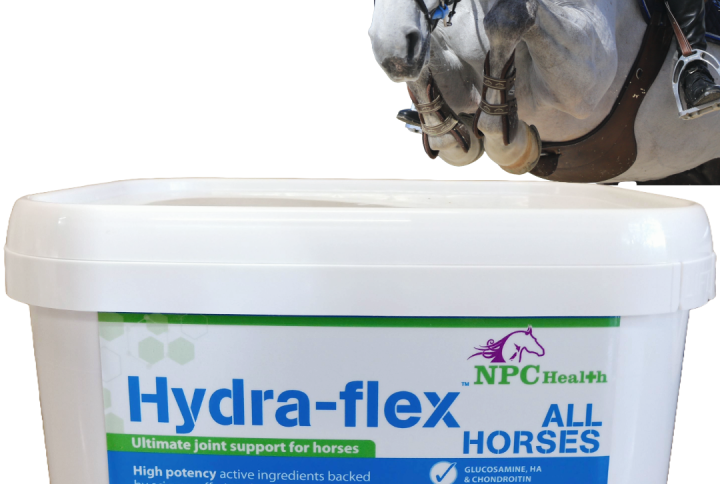
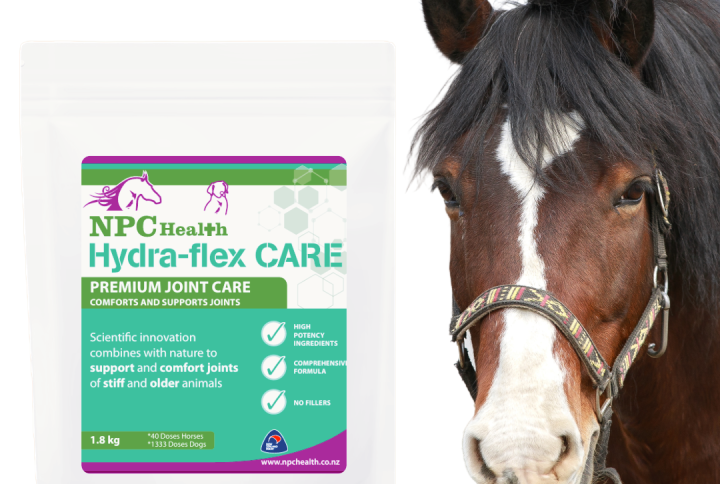
Reviews
There are no reviews yet.